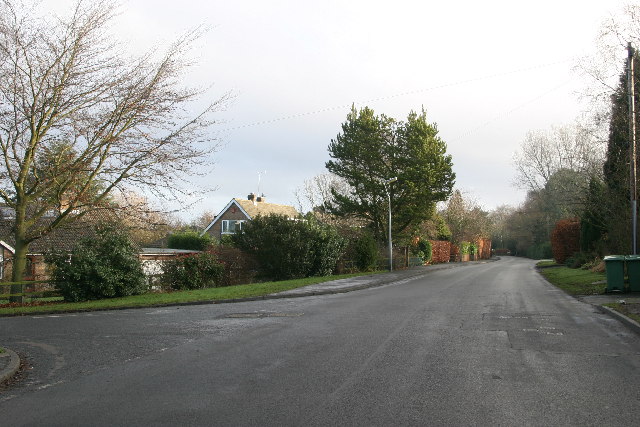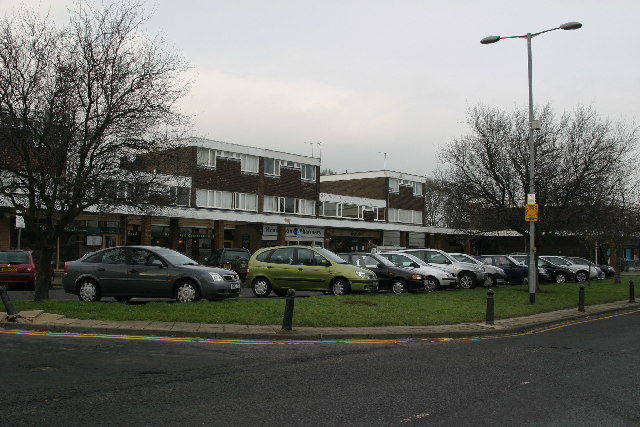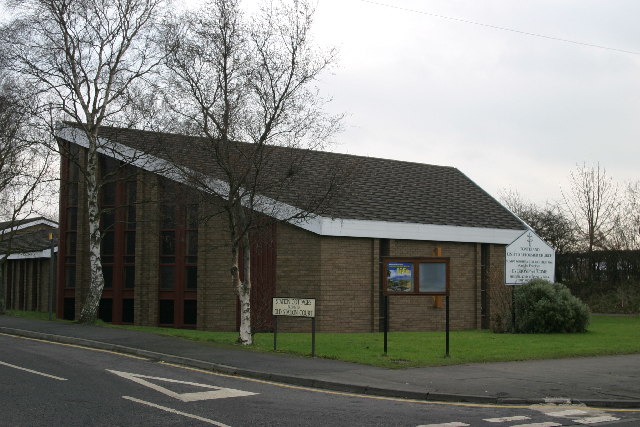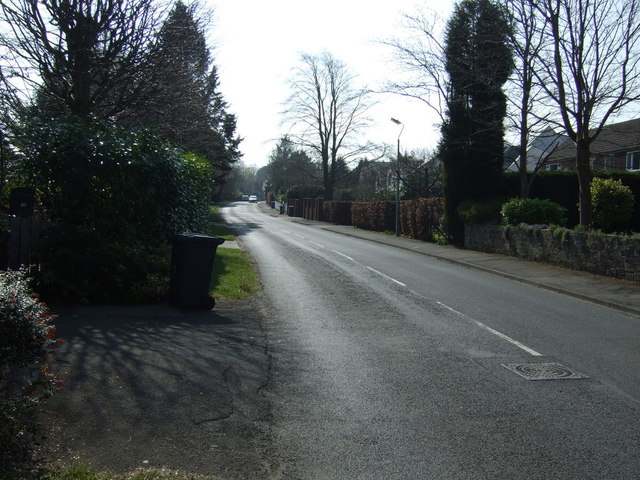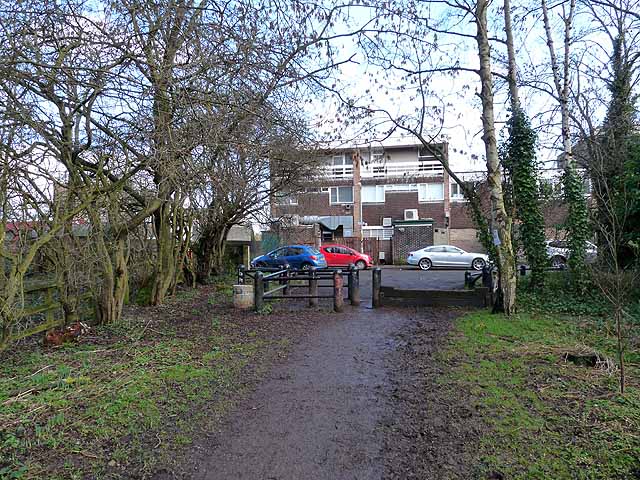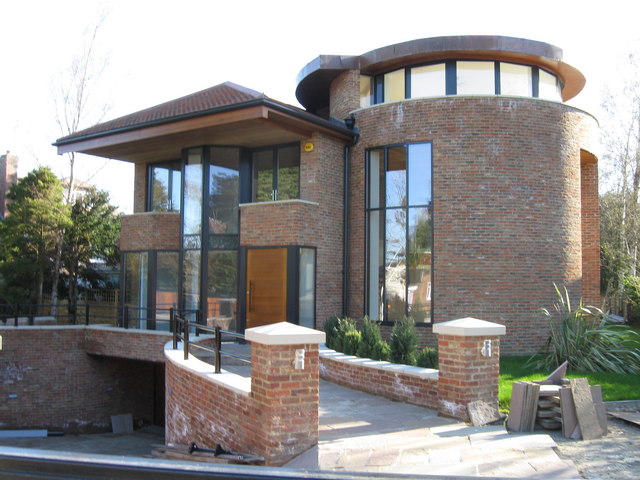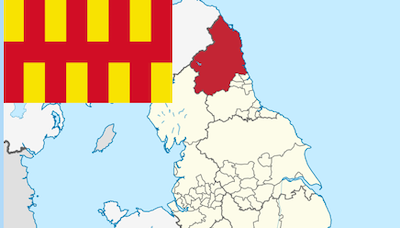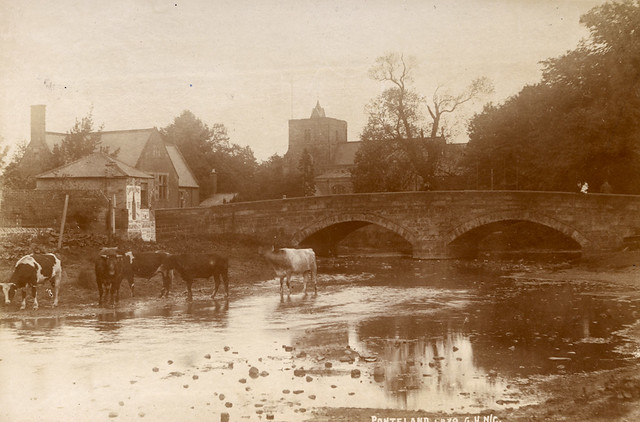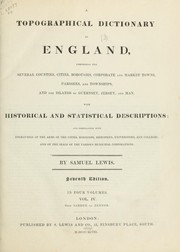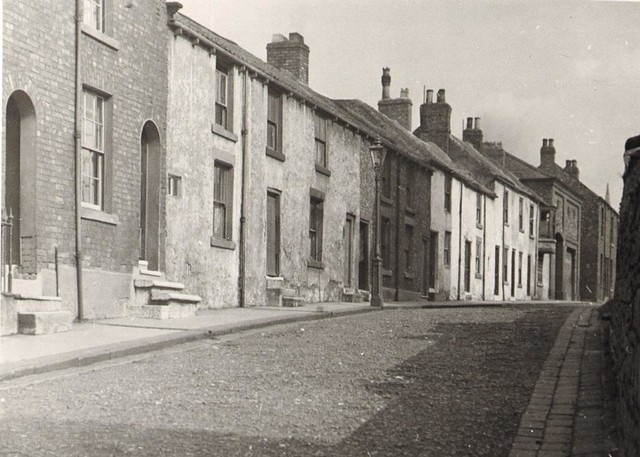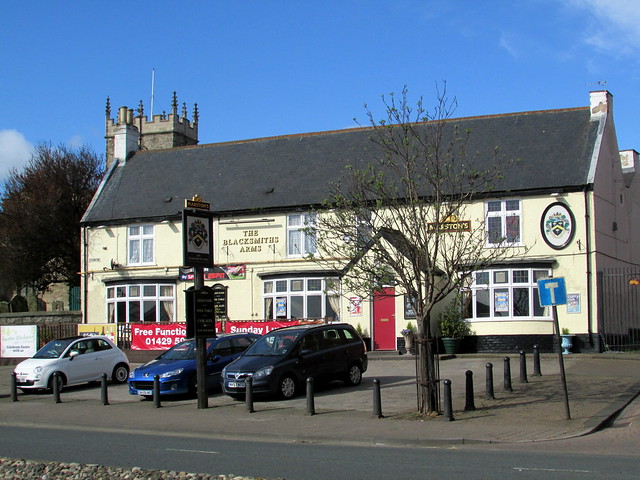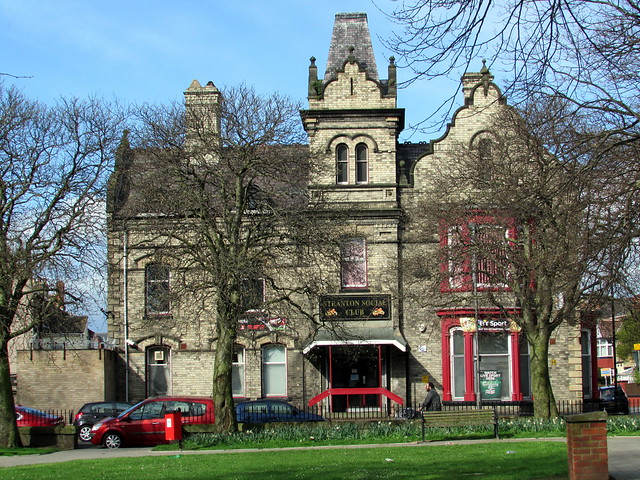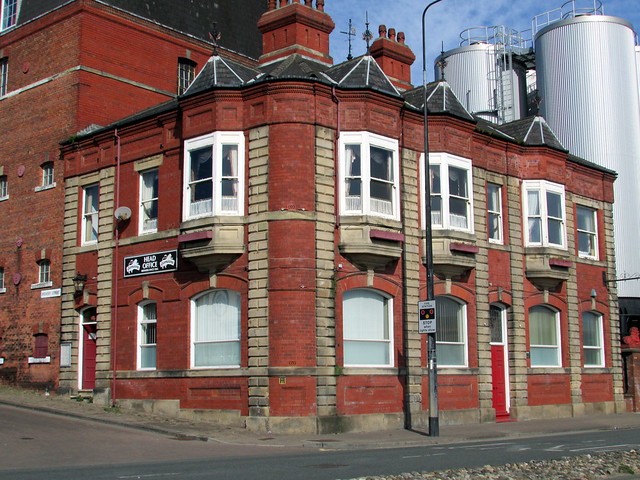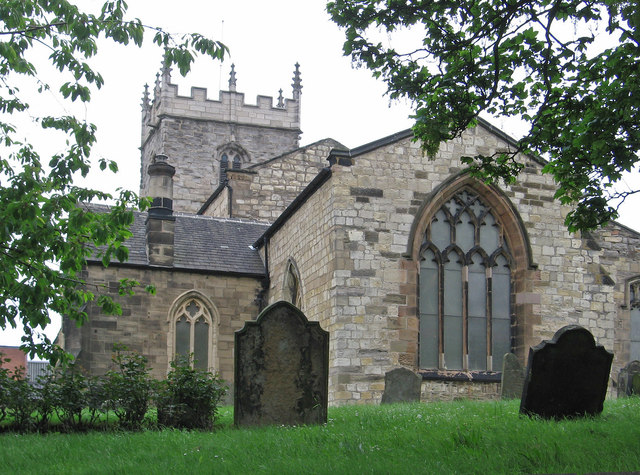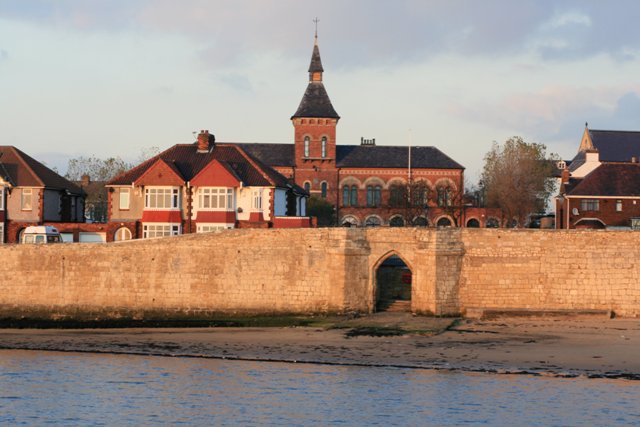Topics > Northumberland > Ponteland > Darras Hall
Darras Hall
Darras Hall is a large and exclusive estate at the south-west of Ponteland. The medieval village of Darras Hall was first recorded in the 13th century, but this was destroyed by the Scots in the 14th century and never rebuilt.[1] In the 18th and 19th century Darras Hall was an agricultural township in the ancient parish of Ponteland. Then, following the Poor Law Amendment Act 1866, Darras Hall became a Civil Parish and remained such until 1955, when it became part of Ponteland Civil Parish. At the time of the 1851 Census the population of Darras Hall was just 22; however, by the 1951 Census the population was 282. This growth in population was a consequence of the establishment of Darras Hall as a 'Garden City' in the early 20th century. In 1907, Joseph Whiteside Wakenshaw (1853 - 1923), led a consortium which purchased 1,025 acres of farm land (Darras Hall, Little Callerton, and later Callerton Moor farms). The land was divided up into around 190 plots of 5 acres each, which were sold off at auction in 1911, for the development of spacious properties for the well off, away from the industrial grime of Tyneside. Those who bought plots had to accept the conditions of a 'Trust Deed' and an annual payment for the upkeep of the Estate. The Estate now has over 2,500 properties.
DARRAS-HALL, a township, in the parish of Ponteland, union and W. division of Castle ward, S. division of Northumberland, 7 miles (N.W.) from Newcastle; containing 15 inhabitants. The place is to the south of the river Pont: the building from which it derives its name has long been in ruins. The impropriate tithes have been commuted for £62. 6., payable to Merton College, Oxford, and the vicarial for £4. 10.
Extract from: A Topographical Dictionary of England comprising the several counties, cities, boroughs, corporate and market towns, parishes, and townships..... 7th Edition, by Samuel Lewis, London, 1848.
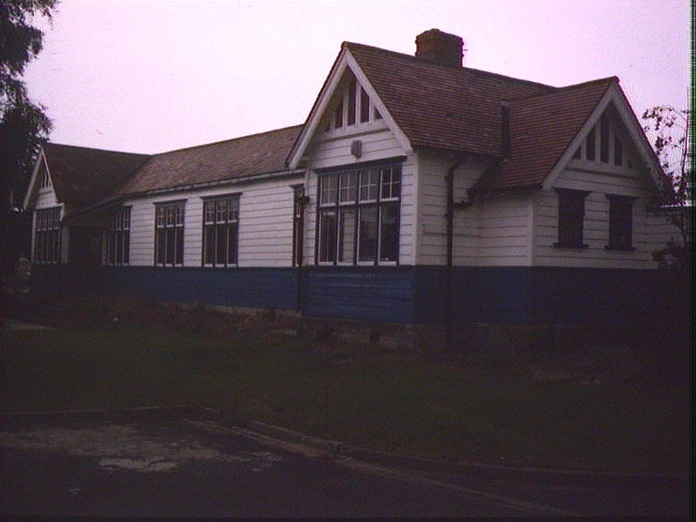
from http://www.bbc.co.uk/history/…
Old Railway Station building
- Photo from 1986: "Passenger rail link from Newcastle to Darras Hall closed in 1929-building used as a church until 1973:still used for jumble sales etc;3rd July M.Preece".
Added by
Simon Cotterill
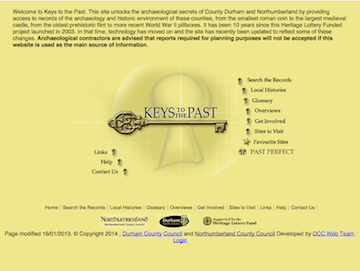
from https://keystothepast.info/se…
Darras Hall (Ponteland)
- "This is the site of the deserted medieval village of Darras Hall, which was first recorded in the 13th century. It was destroyed by the Scots in the 14th century …
Added by
Simon Cotterill
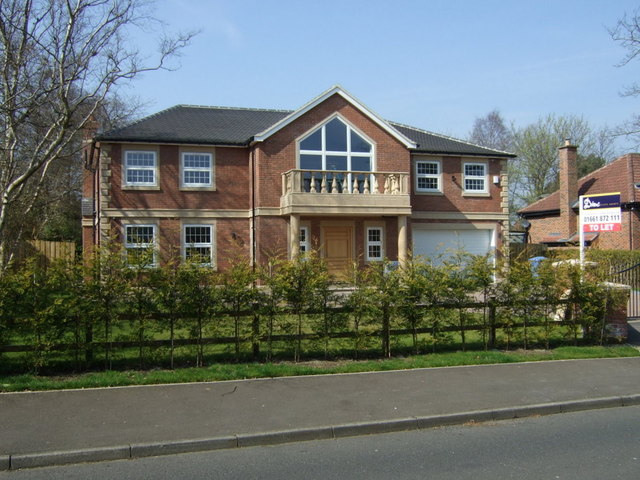
from Geograph (geograph)
Large house to let on Woodside, Darras Hall, Ponteland
Pinned by Simon Cotterill

from http://www.pontelandneighbour…
The Darras Hall Estate, Ponteland
- "One man takes the honour for the creation of Darras Hall Estate to the south of the village of Ponteland in the first decade of the twentieth century. This was …
Added by
Simon Cotterill


from http://www.bbc.co.uk/history/…
Old Railway Station building
- Photo from 1986: "Passenger rail link from Newcastle to Darras Hall closed in 1929-building used as a church until 1973:still used for jumble sales etc;3rd July M.Preece".
Added by
Simon Cotterill

from https://keystothepast.info/se…
Darras Hall (Ponteland)
- "This is the site of the deserted medieval village of Darras Hall, which was first recorded in the 13th century. It was destroyed by the Scots in the 14th century …
Added by
Simon Cotterill

from Geograph (geograph)
Large house to let on Woodside, Darras Hall, Ponteland
Pinned by Simon Cotterill

from http://www.pontelandneighbour…
The Darras Hall Estate, Ponteland
- "One man takes the honour for the creation of Darras Hall Estate to the south of the village of Ponteland in the first decade of the twentieth century. This was …
Added by
Simon Cotterill
